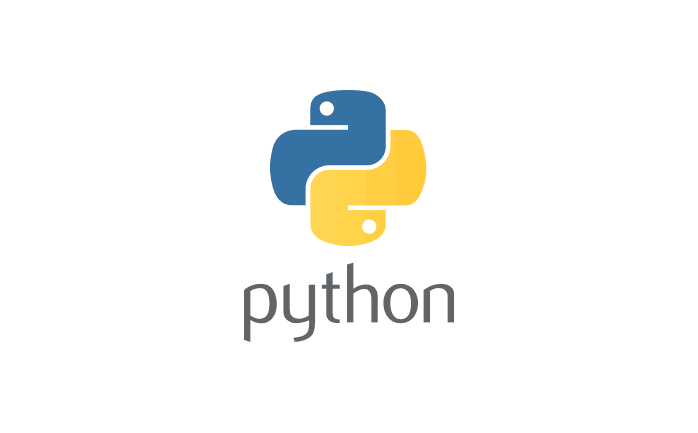Python in Teaching | 14 March
14 maart 2024 12:30 t/m 17:00 - Locatie: Teaching Lab, Building 32A, Landbergstraat 19 | Zet in mijn agenda
Please note that is only a placeholder for your own calendar and does not sign you up for this event.
Following the successful Python4All Meet & Eat session on Python education at TU Delft, 'Python in Teaching' on 14 March (3.14) is organised by Freek Pols to strengthen the community that uses Python in teaching.
This afternoon (12:30-17:00) at the TU Delft Teaching Lab includes sharing experiences, showcasing good practices, starting new collaborations, discussing ongoing topics and so much more.
Please see the programme below.

Programme Overview
12:30 - 12:45 Walk-in & Lunch
12:45 - 13:13 Welcome and Opening by Freek Pols
13:15 - 14:00 Using python in your interactive textbook, immediate and with feedback!
by Robert Lanzafame & Tom van Woudenberg
14:00 - 14:15 Coffee Break
14:15 - 15:00 Parallel sessions
A) Numerical approach in the Chemical Engineering curriculum
by Ferdinand Grozema
B) MicroPython and automation of experiments
by Derek Land
15:00 - 15:15 Plenary wrap-up of parallel sessions & Break
15:15 - 15:45 The library's carpentry training & Open Education
by Esther Plomp
15:45 - 16:00 Break
16:00 - 16:45 Programming deficiencies at the start of the master
by Saulo Castro & Joost Ellerbroek
16:45 - 17:00 Closing by Freek Pols
17:00 - Drinks & Bites
Programme Details
Using Python in your interactive textbook, immediate and with feedback!
by Robert Lanzafame & Tom van Woudenberg
We draw on recent experience making student-activating textbooks including programming! Their philosophy is to make it possible, practical and fun for all teachers, regardless of experience. The presentation will focus on an innovative feature supporting Python computation in a web-browser---immediately! How this functionality is designed collaboratively in online teaching materials is treated as well. Time is reserved for a discussion and small demonstration: you might even have your own online book with python functionality by the end!
Numerical approach in the Chemical Engineering curriculum
by Ferdinand Grozema
In this presentation I will give an overview of how (Python)programming/numerical approaches are (becoming) embedded in the Chemical Engineering BSc (MST curriculum) and MSc programs. In the BSc there are currently two dedicated course elements in the BSc (1st year intro to programming in basic practicum, 2nd year Numerical Methods in Python) we are working towards having this come back in smaller elements in several courses throughout the curriculum. After an introduction, a discussion will be held to share opinions and ideas regarding the approach we take and how this is similar to or different from other approaches.
MicroPython and automation of experiments
by Derek Land
At the Hague University of Applied Science we teach our students to control sensors and actuators using the PicoPi and the programming language MicroPython in order to automate and carry-out experiments. In this presentation I will demonstrate our teaching materials, how we teach students to learn the programming language, and surely some of the best projects that came out of it.
The library’s carpentry training & Open Education
by Esther Plomp
Data Stewards support teachers, researchers and (new) students with Python and related topics (such as using git). In this talk I will show what materials are already out there and how we (possible) can support each other.
Programming deficiencies at the start of the master
by Saullo Castro
At Aerospace Engineering, Python is often used in many courses. One of the issues that we face is the knowledge deficiencies for students who enter our masters but have a different educational background. In this talk, I present how our courses are structured, what is expected of students’ when they enter the master (showing examples of projects they engage in), and discuss the issues that we encounter and how we (and hopefully you) tackle these.
If you have any questions regarding the event or the programme, please contact us at teachingacademy@tudelft.nl.
This event is organised by Freek Pols in collaboration with the Teaching Academy.